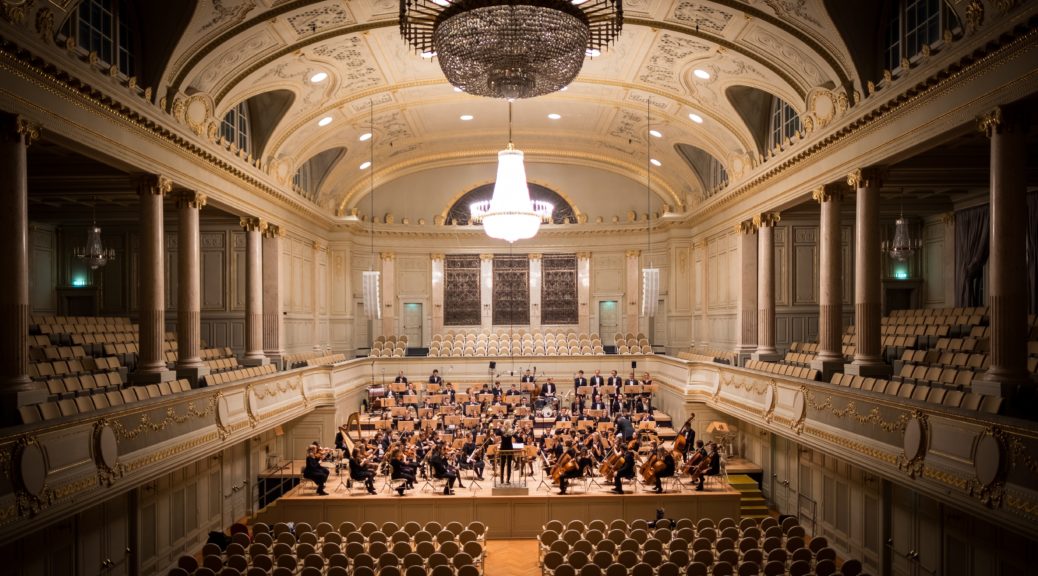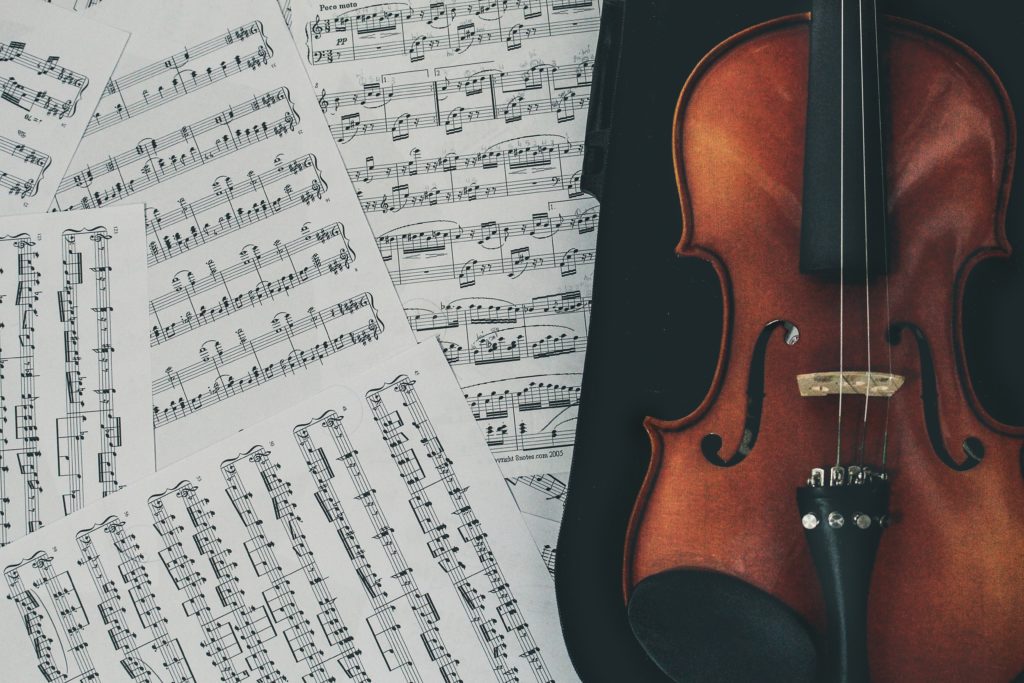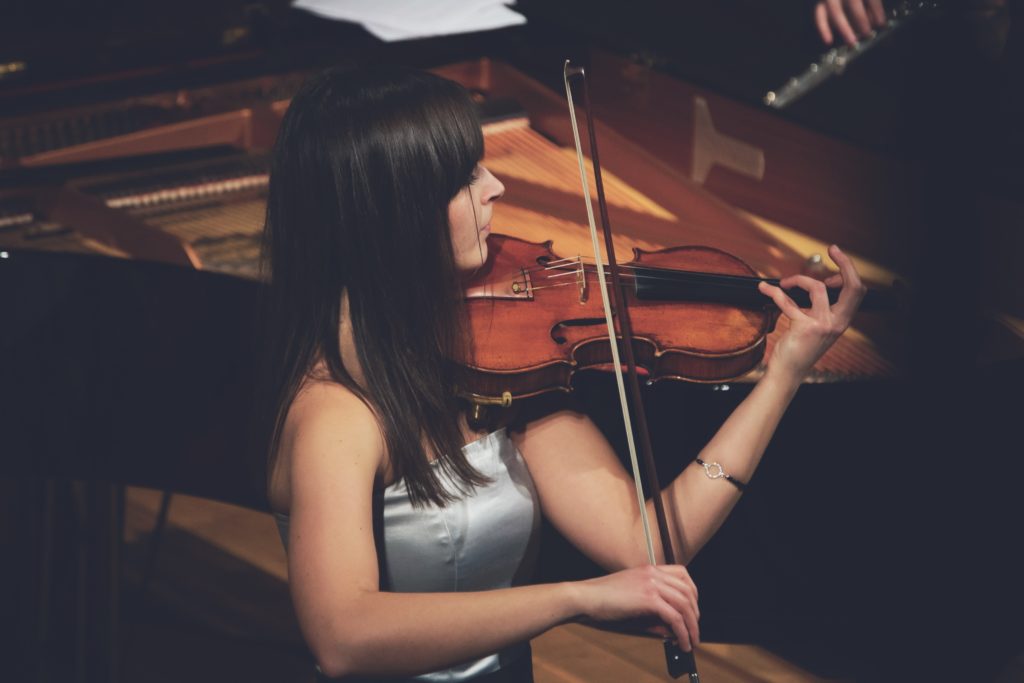By Chelsea Pelchat
As a college student, there are few things more treasured than finding a class that brings you pure joy. For me this semester, that class is my one unit beach volleyball course at USC. This class takes place on Santa Monica beach every Friday morning for two hours of competitive fun (or non-competitive if you prefer), and even counts for credit towards graduation! These are just some of the reasons why it has been such a highlight of my college experience.
As I approached my eighth and final semester, I couldn’t help but feel a bit emotional. Four years have flown by, and suddenly, I’m a second semester senior with only ten units left to take – two of which were free Dornsife elective units. Throughout my time at USC, people had always advised me to add an extra one unit course to my schedule, but I never took this advice seriously until now. I wish I had taken a class like this sooner, especially during more stressful times when the class could have a pleasant alternative in my schedule. After all, there’s nothing better than taking a few hours each week to unwind and learn a new sport while also meeting new people outside of your major.
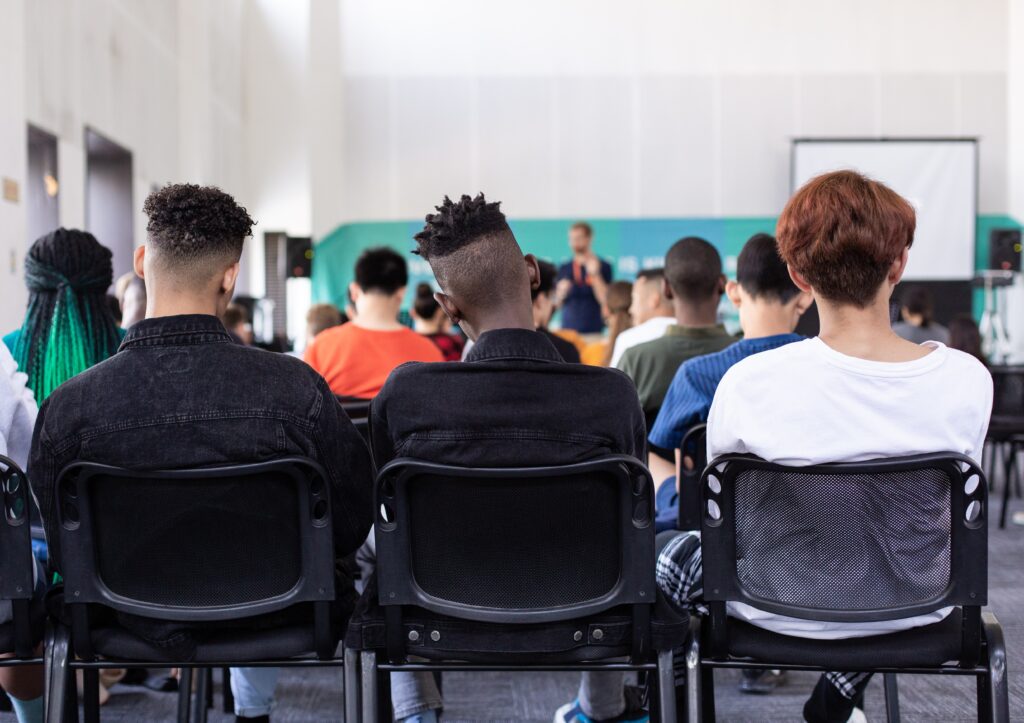
On the first day of class, we were given the opportunity to arrange carpool groups for our morning trips to Santa Monica beach. Since then, we’ve been meeting there to play beach volleyball every Friday. As a senior, it is refreshing and fun to be a part of a course where everyone is trying out a new sport for the first time, especially while balancing intensive upper-division major courses. The first hour of each class consists of warm-up exercises and drills, which helps us develop our skills for the matches to come. Then, we usually play king’s court, where teams of two compete against each other, and the losing team is replaced by the next team in line. It’s a fun way to practice and improve our skills, as well as take on a new hobby!
After class, it’s common for us to stay on the beach and soak up some sun or even grab an acai bowl on the boardwalk with friends. This class adds a lifestyle component to my last semester’s course curriculum, and makes me appreciate the opportunity to build a well-rounded class schedule at USC.
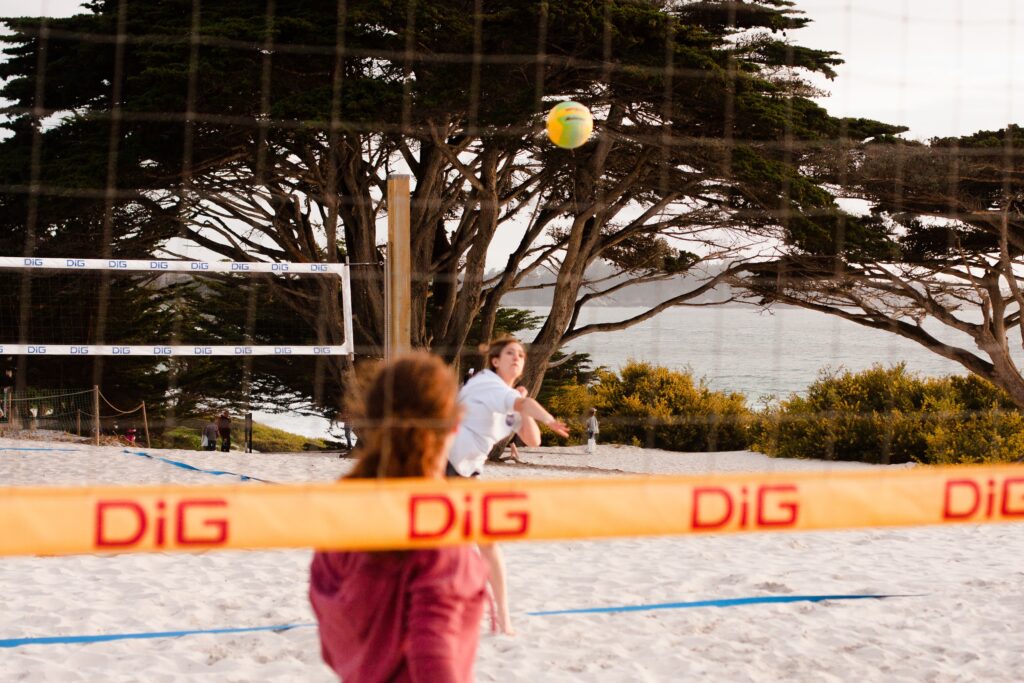
So far I’ve met a good amount of international students in this class – both undergraduate and graduate students. I highly encourage anyone who is considering a one unit physical education course to add it to their schedule without hesitation. Choose a sport that you’ve always wanted to learn or get better at and I promise you won’t regret it!
Reflecting on my experience at USC, there are a few additional courses I would recommend taking. If you are pursuing a non-technical major but are interested in acquiring technical skills, ITP 115 Introduction to Python and ITP 249 Intro to Data Analytics are excellent choices. As someone majoring in international relations and global business with an interest in technology, these courses provided me with a solid foundation in the world of software and analytics. These skills are applicable in any field, and in today’s increasingly digitized workspace, having a grasp of basic programming and data analysis is a valuable asset for completing day-to-day tasks. Alongside technical courses, it’s also worth exploring courses outside of your major that can help you develop life skills. In my case, Introduction to Mindfulness was incredibly helpful in learning to manage stress and everyday challenges through mindfulness practices. This one-unit physical education course can be easily added to your regular 16-unit schedule.

I strongly encourage you to take a diverse range of courses during your time at USC, both within and outside of your major. You never know which courses might have a profound impact on your personal and professional growth, and what new skills you may learn!
Featured Image by Jannes Glas on Unsplash
Chelsea is a senior at USC studying International Relations and Global Business. She recently returned from a semester abroad in the Netherlands. Chelsea was raised in a bilingual household in the Bay Area, having spent her first three years in Dalian, China. On campus, she’s held leadership positions such as being president of the USC Exchange Student Supporters, a research assistant in consumer behavior, and a TA for a core business class. In her free time, Chelsea loves going on hikes, attending live music events, and trying out new recipes.





